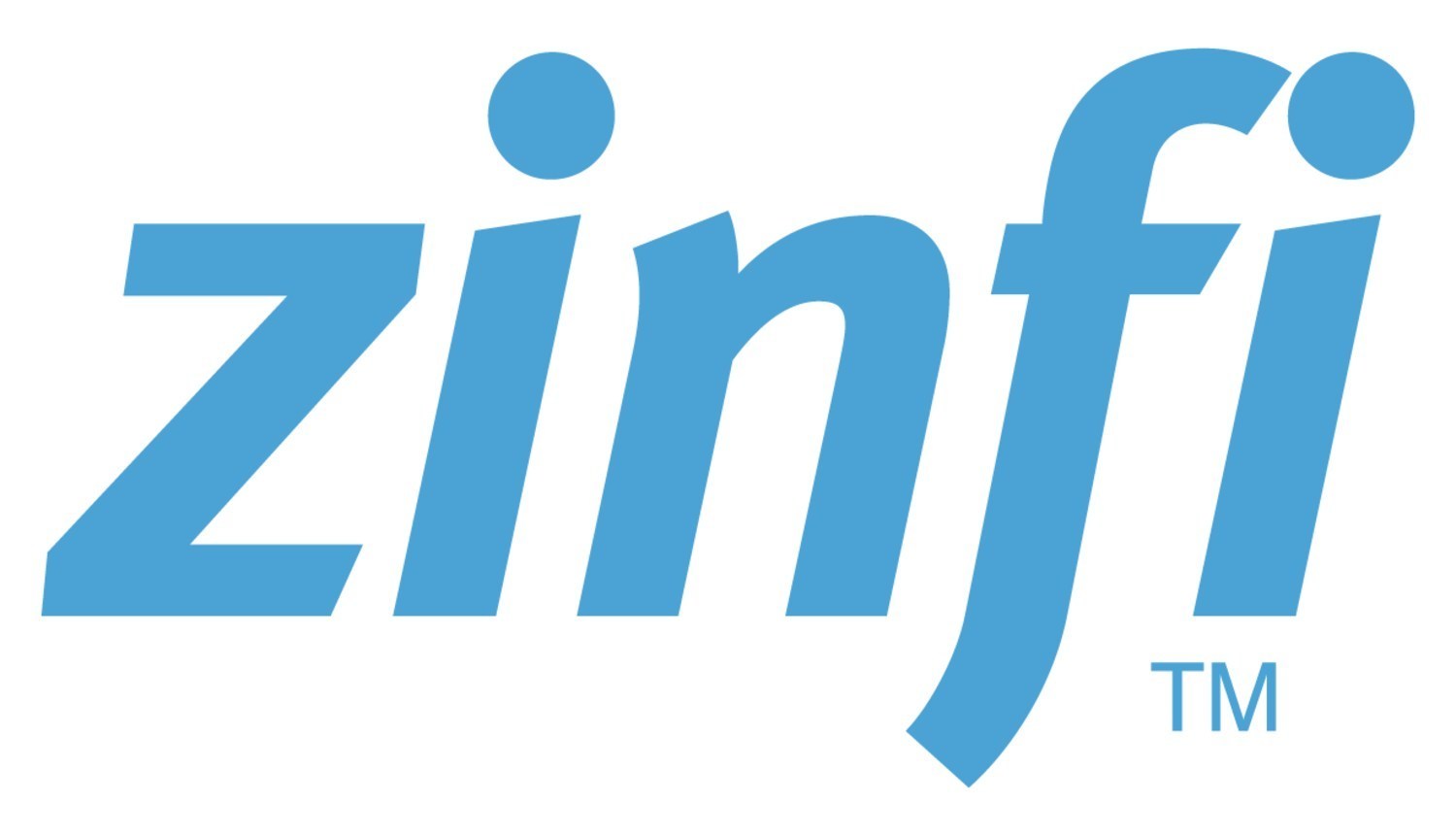
“India is increasingly seen as a viable retirement destination due to its lower cost of living, strong community ties, and easy access to quality healthcare in metropolitan areas,” says Arjun Chowdhry, Group Executive- Affluent Banking, NRI, Cards/ Payments & Retail Lending, Axis Bank. In an interview with ETMarkets, Chowdhry said: “NRIs should consider FCNR(B) deposits if they seek guaranteed returns in foreign currency, have a low-risk appetite, and want to avoid exchange rate risks,” Edited excerpts: With Rs 5.99 trillion in AUM and a 33% CAGR since 2019, what strategies have driven this impressive growth ? One of the key focus areas in our strategy is the premiumization of our client portfolio.
We continue to make investments in growing our affluent business through the Burgundy Private & Burgundy segments to increase our market share. Our private banking business, an integral part of delivering this objective, provides clients with access to a full-service private banking offering, emphasizing superior service delivery. Stock Trading Market 101: An Insight into Trendlines and Momentum By - Rohit Srivastava, Founder- Indiacharts.

com View Program Stock Trading ROC Made Easy: Master Course for ROC Stock Indicator By - Souradeep Dey, Equity and Commodity Trader, Trainer View Program Stock Trading Mastering Options Selling: Advanced Strategies for Success By - CA Manish Singh, Chartered Accountant, Professional Equity and Derivative Trader View Program Stock Trading Options Scalping Made Easy By - Sivakumar Jayachandran, Ace Scalper View Program Stock Trading Technical Analysis Demystified: A Complete Guide to Trading By - Kunal Patel, Options Trader, Instructor View Program Stock Trading RSI Trading Techniques: Mastering the RSI Indicator By - Dinesh Nagpal, Full Time Trader, Ichimoku & Trading Psychology Expert View Program Stock Trading Introduction to Technical Analysis & Candlestick Theory By - Dinesh Nagpal, Full Time Trader, Ichimoku & Trading Psychology Expert View Program Stock Trading Ichimoku Trading Unlocked: Expert Analysis and Strategy By - Dinesh Nagpal, Full Time Trader, Ichimoku & Trading Psychology Expert View Program Stock Trading Markets 102: Mastering Sentiment Indicators for Swing and Positional Trading By - Rohit Srivastava, Founder- Indiacharts.com View Program Stock Trading Stock Markets Made Easy By - elearnmarkets, Financial Education by StockEdge View Program Stock Trading Options Trading Made Easy: Options Trading Course By - Anirudh Saraf, Founder- Saraf A & Associates, Chartered Accountant View Program Stock Trading Options Trading Course For Beginners By - Chetan Panchamia, Options Trader View Program Stock Trading Macroeconomics Made Easy: Online Certification Course By - Anirudh Saraf, Founder- Saraf A & Associates, Chartered Accountant View Program Managed by senior and experienced private bankers, we leverage the One Axis ecosystem to provide personalized and tailored solutions. We have identified six key pillars to achieve our growth objective: creating depth and differentiation in our product offering by leveraging our in-house capabilities along with an open architecture to tie up and offer among the best in the industry; leveraging technology to redefine customer engagement; building customized products and solutions aligned with the requirements of specific personas; investing in and building people as our strength; learning from industry best practices; and building a distinct brand identity.
The acquisition of Citibank India’s consumer business was also a natural fit with our premiumization strategy. With the combined strength of Axis and the Citi business, we have the branch network and the talent to pursue this growth. We continue to invest in recruiting good talent and running curated programs to upskill our client-facing teams, with specific emphasis on service delivery and expanding to newer markets.
During FY25, our Burgundy Private offering was expanded to 15 more Tier 2 and 3 cities, making it a total of over 40 locations, to capitalize on the growing wealth here. Burgundy Private serves over 10,500 families, including 35 of the Forbes 100 richest Indians. How do you customize services to meet the needs of such a diverse clientele? At Burgundy Private, we see our client relationships in their entirety and not in parts.
Our clients' financial needs on both personal and business sides are viewed holistically. Burgundy Private leverages the One Axis ecosystem within the Axis Group and leans on the offerings from the Bank and our subsidiaries to offer the entire range of financial products and services for self, family, and business across banking, loans, cards, investments, insurance, broking, trustee, investment banking, NBFC, etc. In the wealth management space, we offer a spectrum of investment product solutions customized to our clients' risk profiles and asset allocation preferences.
We understand and categorize our clientele into various personas and bring together products and services that are priority needs of the respective client personas. Our Private Banking clients value the fact that we are able to offer them solutions for their wealth management, personal banking, and business banking requirements, stitched together with superior service delivery. To simplify trading for Non-Resident Indians (NRIs) in exchange-traded derivatives and improve efficiency, Sebi proposed using PAN to monitor position limits, removing the need to notify Clearing Members or obtain CP Codes.
What are your views? Sebi’s proposal to use PAN for monitoring position limits and removing the need for Custodial Participant (CP) Codes or notification to Clearing Members is a step towards enhancing the ease of doing business for NRIs. It would: - Streamline processes: Reducing inefficiencies will make transacting easier. - Attract higher participation: Simplification might encourage NRIs to explore exchange-traded derivatives, broadening the investor base.
- Strengthen compliance: Using PAN as a uniform identifier ensures better traceability and compliance monitoring, which aligns with India’s focus on digital governance. How are NRIs looking at India as an investment destination? India remains a lucrative investment destination for NRIs due to high economic growth (strong GDP growth), favorable policies: simplified regulations, digitization, government initiatives such as PLI schemes, diversified opportunities across various asset classes, and a vibrant start-up ecosystem. Geopolitical shifts and rising confidence in India's ability to be a reliable global player also contribute to its appeal.
Overall, India is in a sweet spot of growth. With a young population and growing per capita income, investors can expect steady returns that outperform the global markets. Among NRIs, we see a keen interest across the asset class spectrum.
If someone plans to plan his/her retirement is India the right place post 60. If yes, what is the kind of corpus one would need? India is increasingly seen as a viable retirement destination due to its lower cost of living, strong community ties, and easy access to quality healthcare in metropolitan areas. The required corpus depends on the choice of lifestyle, healthcare costs, and inflation.
Further, fixed costs, such as regular expenses on housing, utilities, and insurance, are a necessity and cannot be compromised. A corpus is also required for contingency expenses, such as medical emergencies. Projecting future expenses is a critical step in retirement planning.
This involves considering the impact of inflation on living costs over time. In India, where inflation rates have historically been higher than in many developed countries, this consideration becomes even more crucial. To estimate future expenses, start with your current annual expenses, apply an appropriate inflation rate (e.
g., 6%), and calculate the compounded effect over your expected retirement period (Future Annual Expenses = Current Expenses * (1 + Inflation Rate) ^ Years to Retirement). How are HNIs/UHNI’s managing wealth apart from equities ? What are the other investment options they have in their portfolio? HNIs/UHNIs diversify their portfolios to manage risk and enhance returns.
Key investments include: - Real Estate: Commercial and residential properties, REITs. - Fixed-Income Products: Bonds, debentures, and structured products. - Alternative Investments: Venture capital, private equity, and hedge funds.
- Commodities: Gold, silver, and other precious metals. - Global Investments: Offshore funds, ETFs, and international equities. - ESG Investments: Green bonds, renewable energy projects.
- Other Investments: These investments not only provide a luxurious experience for the HNIs but also yield significant returns. Examples include art and high-end watches. Is art a hot investment for NRIs or UHNI community? Art has gained traction as an alternative investment, particularly among UHNIs.
However, it’s still at a nascent stage in India. Several UHNIs have opted for this asset class as it offers diversification, emotional value, and potential long-term appreciation. There are certain aspects that investors need to understand and be careful with, such as authenticity, illiquidity, high entry costs, and reliance on expert valuation.
While art investments are niche, they are growing in popularity as part of a balanced portfolio. According to a report by Knight Frank, Indian ultra-high net worth individuals (UHNWI) allocated 11% of their investable wealth towards luxury items like art, jewellery, classic cars, watches, and handbags, compared to the global average of 16%. In fact, art was the only constituent of the global Knight Frank Luxury Investment Index (which tracks a weighted basket of 10 collectibles) to hit double-digit growth in 2023.
In India, investing in masterpieces by renowned artists has always been an avenue for investment for the ultra-rich. Delhi is home to a vibrant art scene and has witnessed the setting up of notable art museums by UHNIs/HNIs. Western India also has a burgeoning artistic community.
The recent hike by RBI on FCNR B deposits is a welcome step to manage rupee volatility. From a business perspective, what are the possible implications. Should NRIs opt for the same? Term Deposit rates are governed by the ALM position of the Bank, the NIM range, and the deployment opportunities.
While the move from RBI is welcome and positive, our rates are an outcome of multiple factors. The RBI’s move to increase rates on FCNR(B) deposits is a strategic step to manage rupee volatility and attract forex inflows. Potential implications include: - Increased NRI Deposits: Higher returns in USD and other currencies make this option attractive for NRIs.
- Rupee Stabilization: Inflows through FCNR(B) deposits strengthen forex reserves, supporting the rupee. - Competitive Returns: This could impact other investment avenues such as mutual funds or equities as NRIs might prioritize safer FCNR(B) deposits. NRIs should consider FCNR(B) deposits if they seek guaranteed returns in foreign currency, have a low-risk appetite, and want to avoid exchange rate risks.
Overall, NRI customers, depending on their specific requirements, can opt for both INR and FCNR deposits. This will help them diversify their funds in different currencies and provide a safe and locked-in return. NRI customers are strategically important for Axis Bank, and we continue to focus on this segment.
Apart from offering competitive deposit rates, we offer a whole suite of products for our NRI customers including forex remittances, home loans, credit cards, PIS accounts, trading accounts with the ease of online banking. Earlier this year, we launched UPI on international numbers, providing our NRI customers with UPI access across NRE/NRO accounts on their domestic and international numbers. We also offer Foreign Currency fixed deposits at our Gift City branch, with flexibility in investment tenors.
(Disclaimer: Recommendations, suggestions, views, and opinions given by experts are their own. These do not represent the views of the Economic Times) ET Year-end Special Reads An Indian's guide to moving abroad as the world looks for 'better' immigrants The year of the HNIs: How India's rich splurged in 2024 (You can now subscribe to our ETMarkets WhatsApp channel ).















